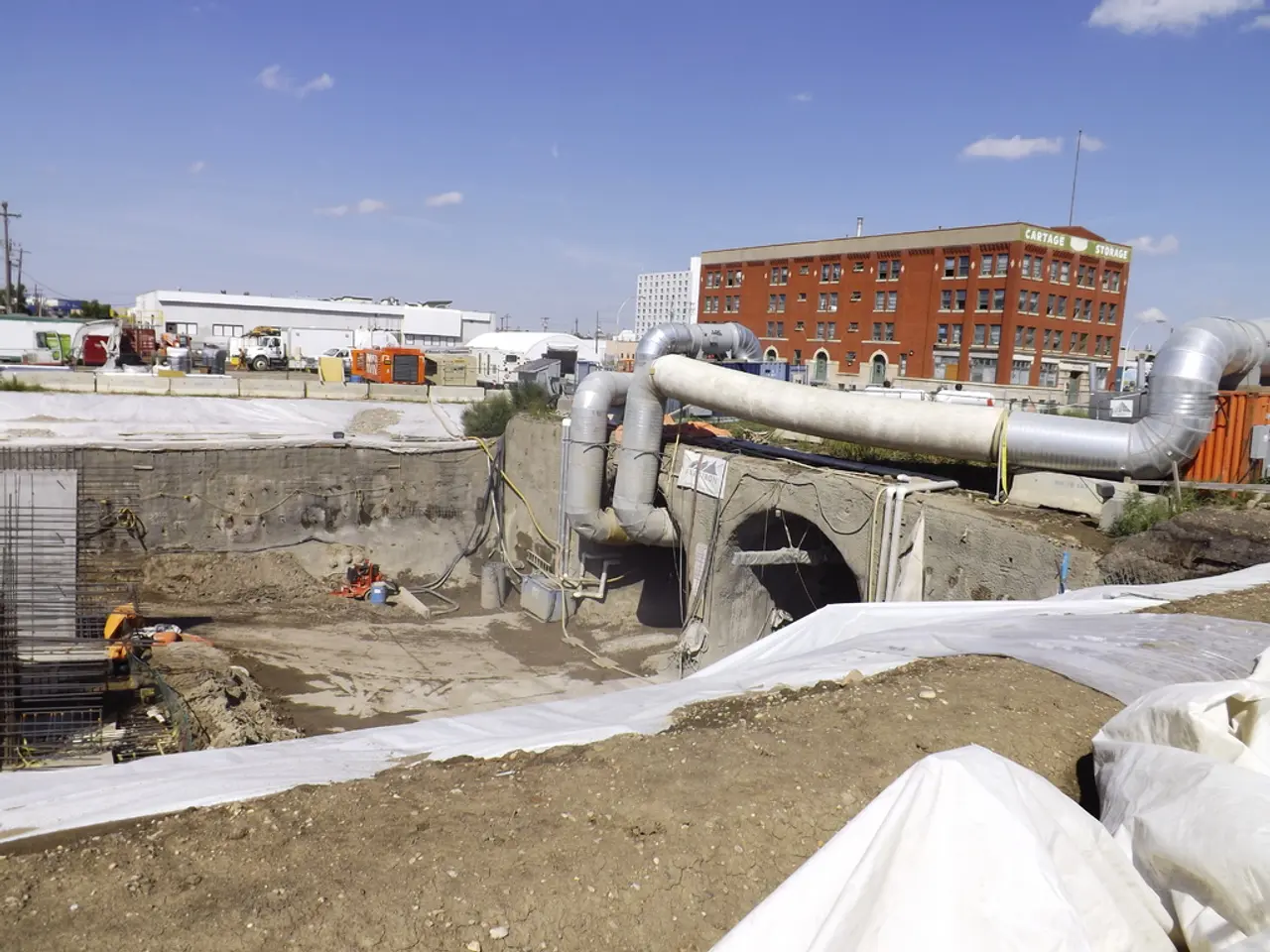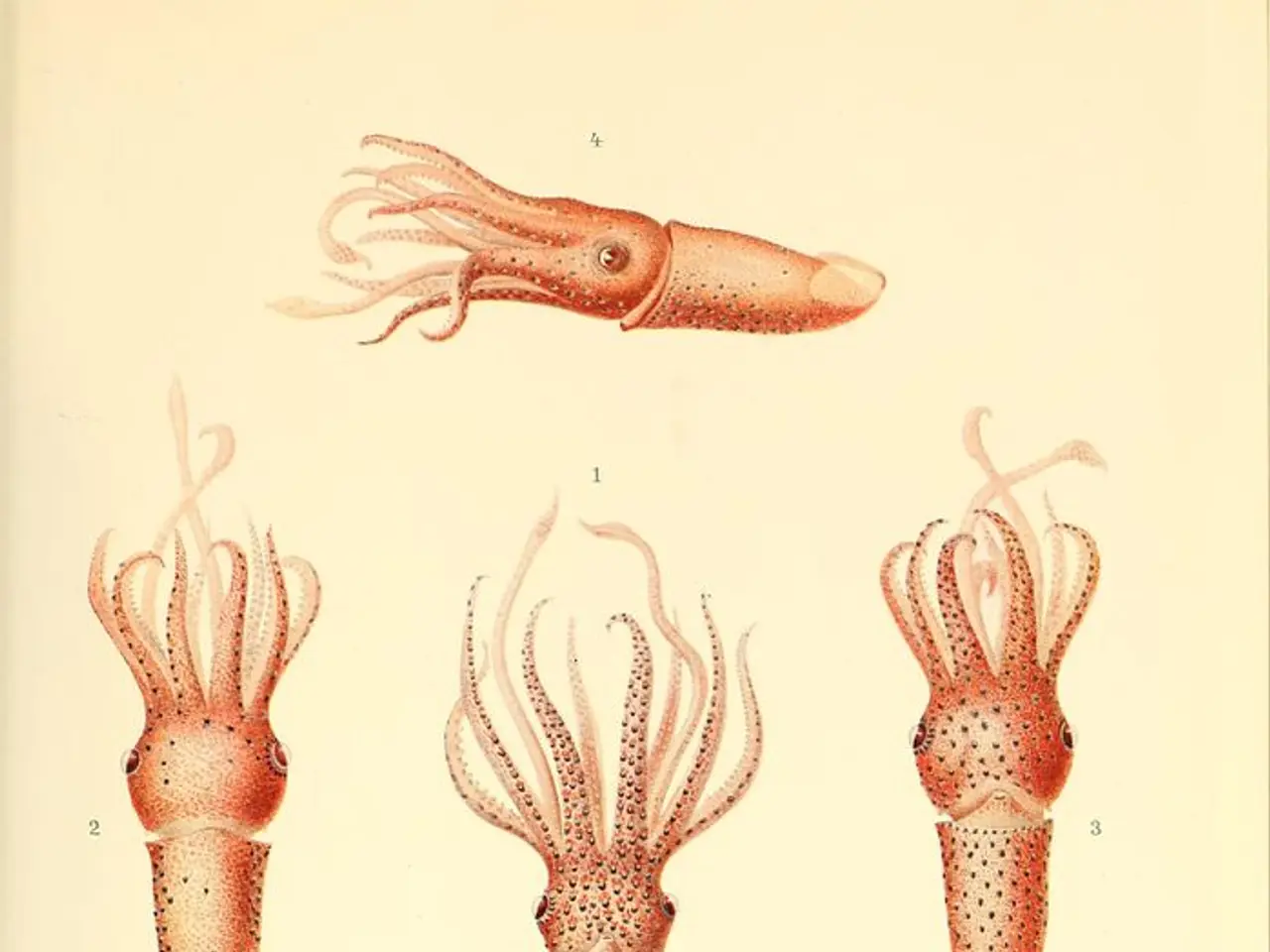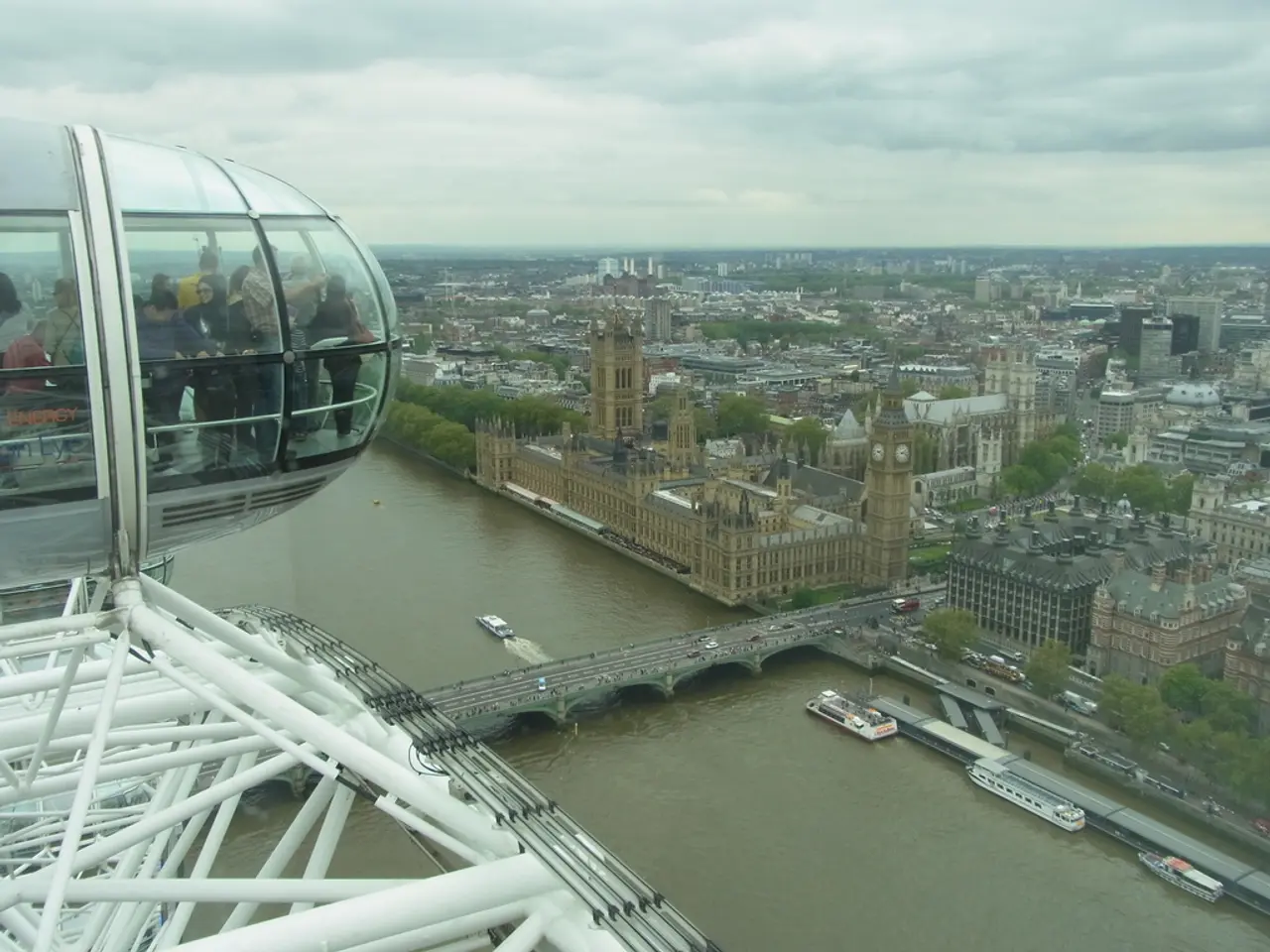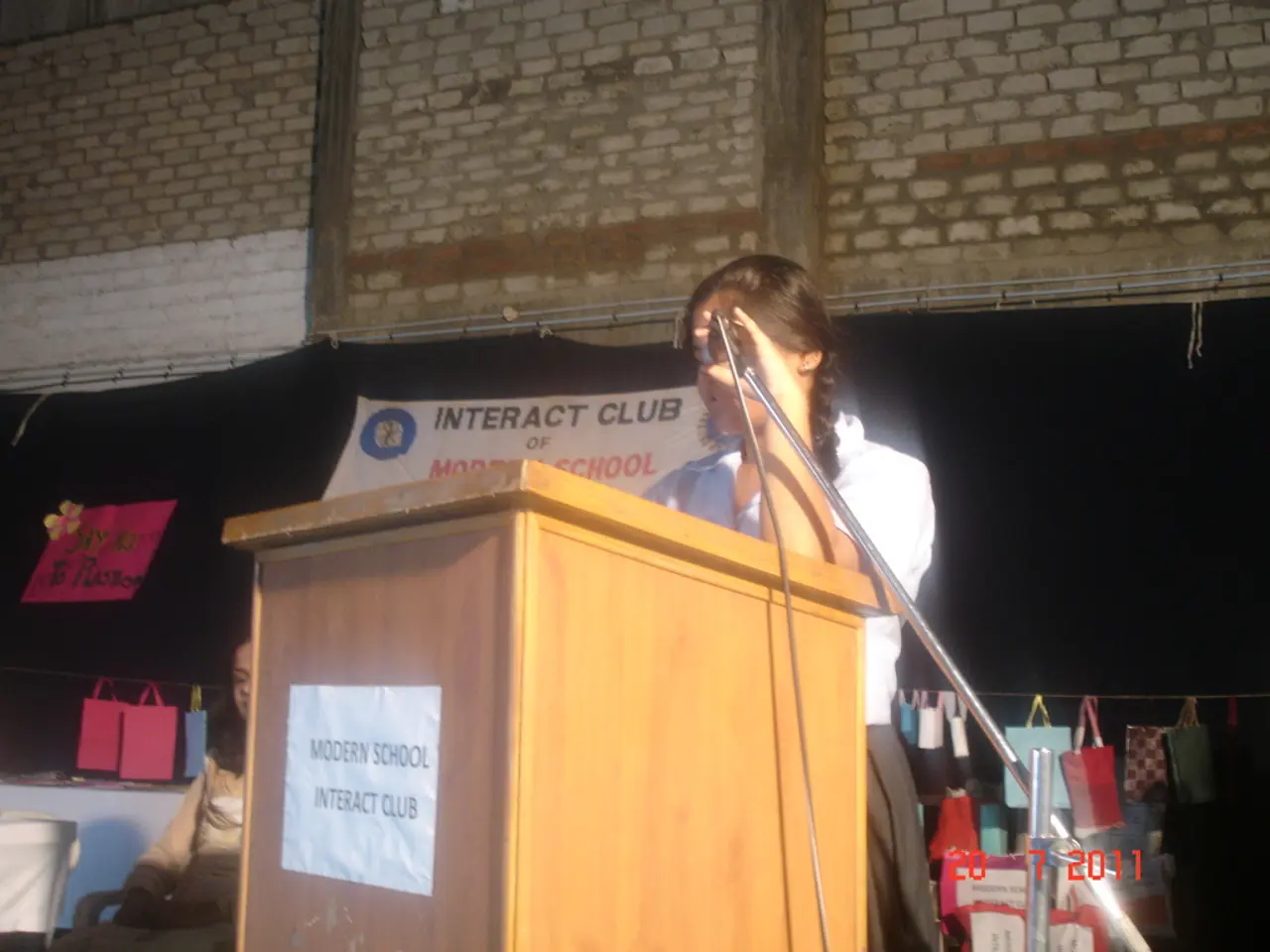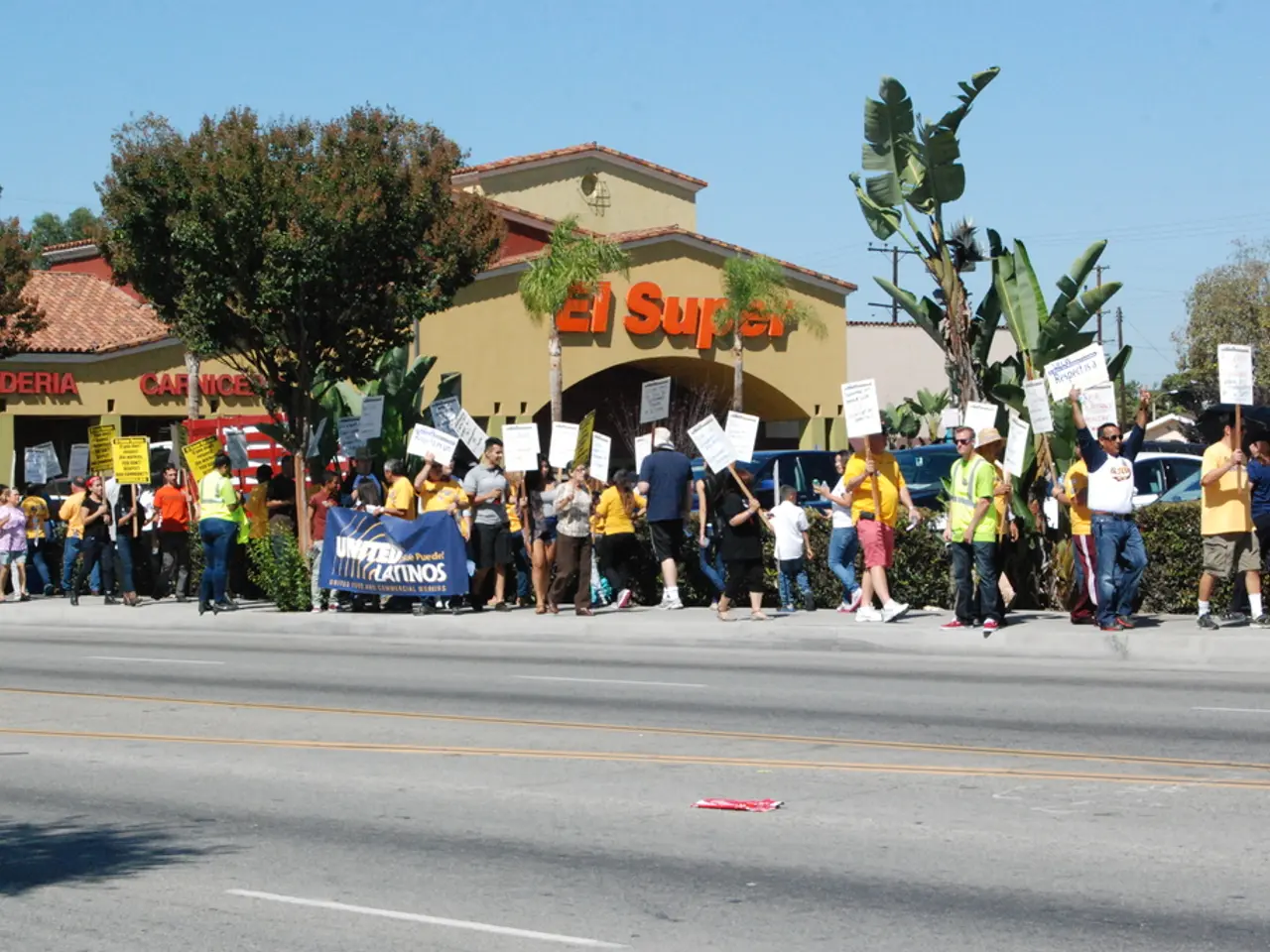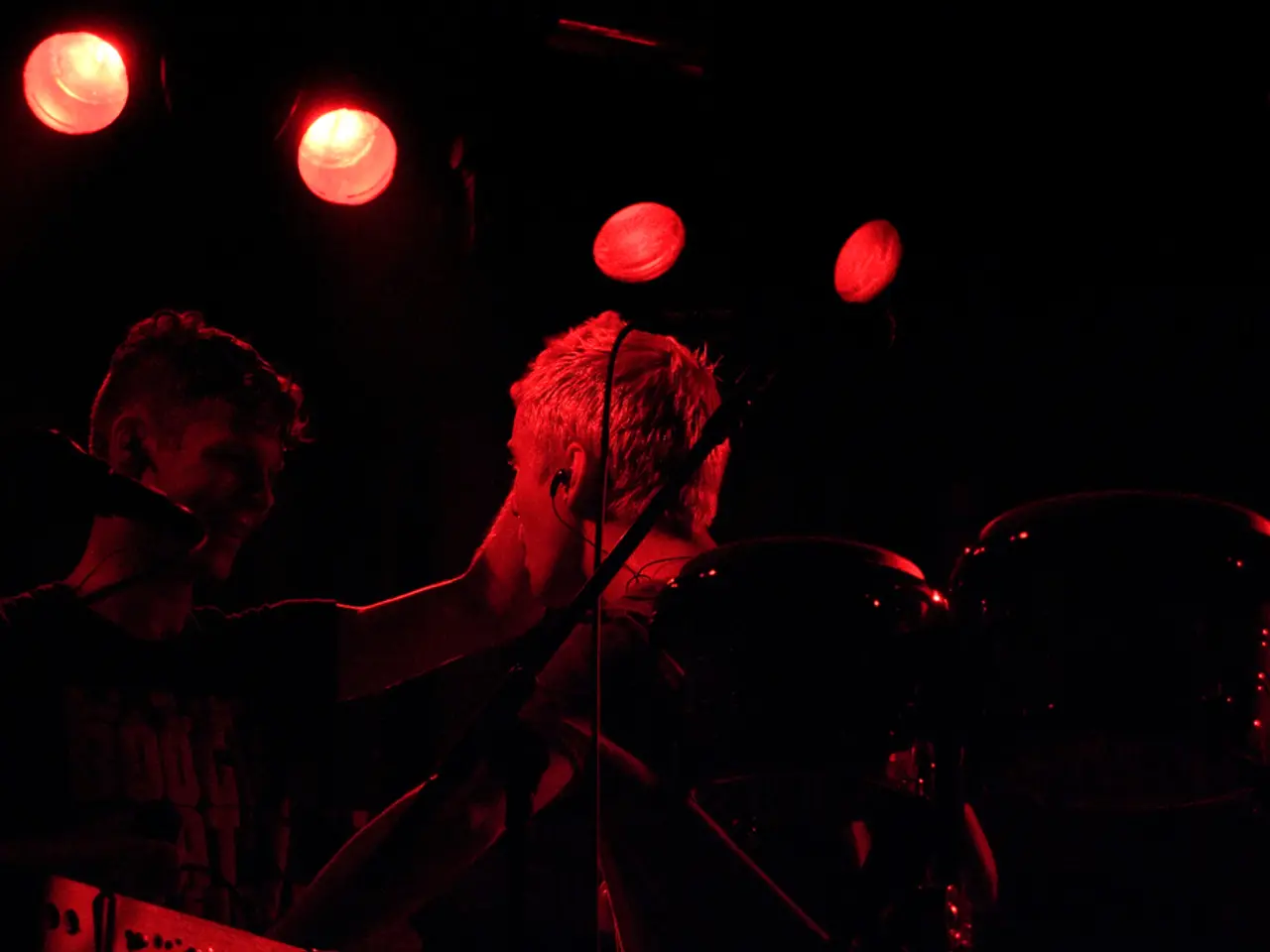Germany's Opposition Alleges Merz of Electoral Misconduct - Allegations of Electoral Irregularities Against Merz by AfD
In the aftermath of the 2025 German federal election, Alice Weidel, co-chair of the Alternative for Germany (AfD), has accused Friedrich Merz, the newly elected Chancellor, of "election fraud." This accusation, levied against Merz and the Christian Democratic Union (CDU), stems from the coalition with left-leaning parties, which Weidel argues contradicts the expectations of CDU voters.
Weidel's claim of "election fraud" is less about legal manipulation and more a political condemnation, suggesting that Merz and his party undermined the voters' will by collaborating with parties the CDU electorate did not anticipate or support. This accusation has emerged during a time of heightened tension within the ruling coalition and the CDU/CSU's strategy to secure a parliamentary majority, with a narrow margin of 13 seats.
The AfD, under Weidel’s leadership, is positioning itself strongly in opposition to this coalition, criticizing what it sees as backroom deals and broken campaign promises by Merz. The accusation is a political narrative used by the AfD to challenge Merz’s legitimacy and to rally their base by framing the coalition deal as a betrayal or deception of the electorate.
Meanwhile, the AfD has presented a position paper at their conference, calling for a general stop to "unjustified entries." This includes asylum seekers. The party also demands a moratorium on the expansion of wind turbines, a halt to the energy transition, and the extension of the operating lives of coal-fired power plants. Furthermore, they propose the abolition of the CO2 levy in traffic and building heating areas, and a "duty to work" instead of citizens' money.
In addition, the AfD supports lifting sanctions against Russia due to its war of aggression against Ukraine and strengthening the Bundeswehr, with the potential reintroduction of conscription. They also call for "zero tolerance" for violent crime and further tightening of border protection.
Interestingly, certain terms such as "remigration" are absent from the AfD's resolution paper. Tino Chrupalla, another co-faction leader of the AfD, urges the party to radiate competence and shed its crude image to appear professional and govern. However, there has been reported resistance to this more restrained appearance within the AfD.
The German-Russian Nord Stream pipelines are to be repaired and put back into operation by the AfD, according to their proposals. The AfD's demands, if implemented, could significantly alter Germany's energy policy, border control, and foreign relations, particularly with Russia.
In summary, the AfD's accusation of "election fraud" against Merz reflects the internal fractures and polarization in German politics post-election. The party is strongly opposing the new government coalition and presenting a series of policy demands that, if implemented, could have far-reaching consequences for the country.
The Commission, following the escalating political tensions, has been asked to submit a proposal for a directive on the protection of the environment and the public, in light of the contentious policy-and-legislation issues arising from the coalition and the debate surrounding the "election fraud" accusation in the crime-and-justice realm. Meanwhile, general-news outlets are closely monitoring the AfD's progressive stance on various policies, such as their call for "remigration" and their opposition to the energy transition, which could lead to significant changes in policy-and-legislation, environment, and foreign relations, particularly with Russia.
